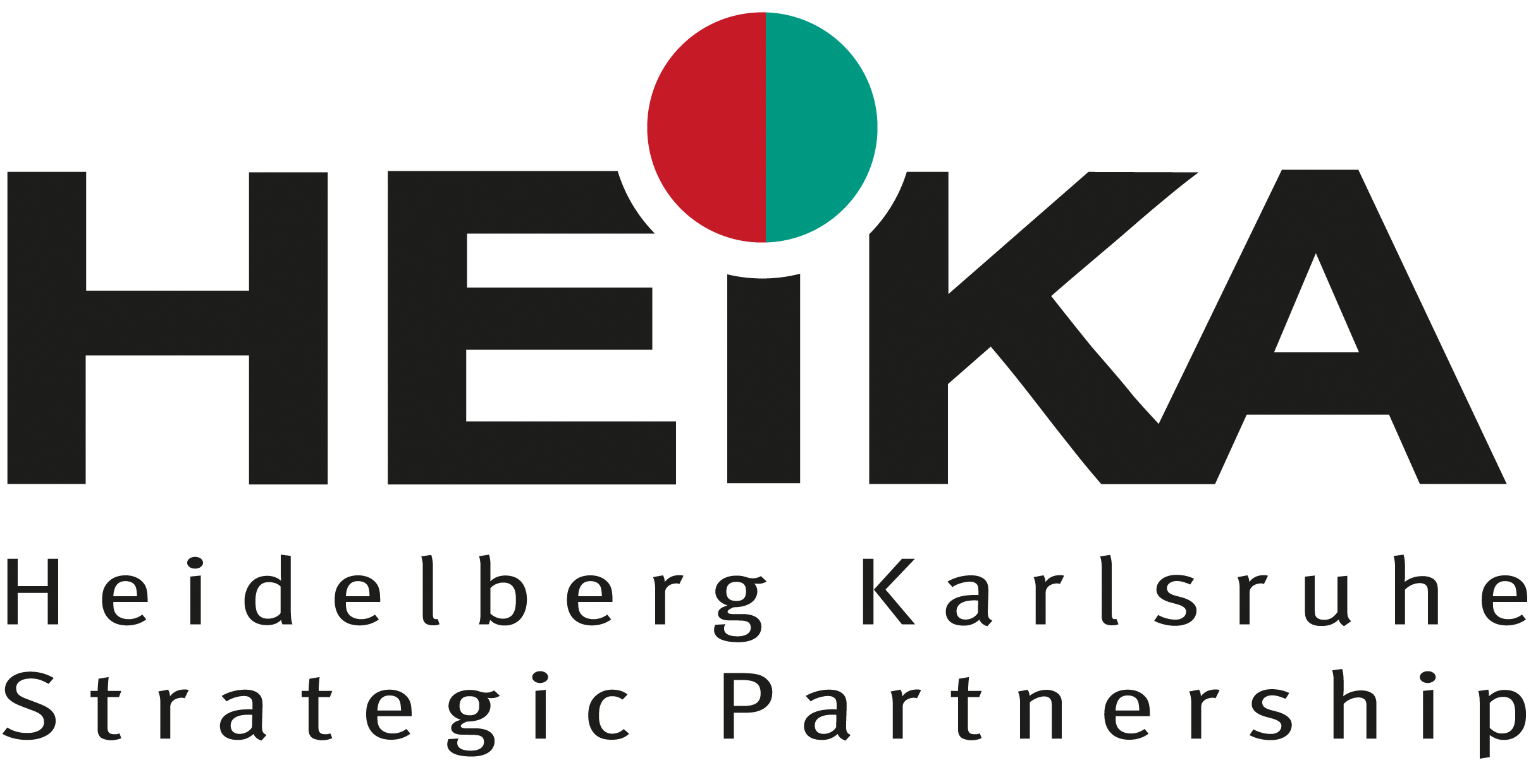Technological progress has always had an effect on the socio-cultural sphere, but has currently reached a new level of force and acceleration that resonates with the discursive construction and negotiation of associated knowledge, unfolding new dimensions of meaning. Hence, it stands to reason that social communication about technological innovations in all its emotional complexity is not only shaped by institutionalized elite discourses of political agents and professional scientists but also by top-down modern aesthetic discourses, such as narrative and fictional technological utopias/dystopias in literature and audiovisual media, as well as by various forms of bottom-up participatory online discourses taking up the topic of technological knowledge and development.
The project investigates how scientific and technological progress as well as knowledge associated with it are represented in top-down narrative, techno-utopian/-dystopian fiction (film and television series). At the same time, the project scrutinises how both scientific and technological progress and people’s understanding of it are re-entextualized, represented and conceptually constructed in participatory, bottom-up online communication. The two thematic fields of Artificial Intelligence (AI) and Human Enhancement (1) and Technologization and Informatization of social reality (2) constitute the main topical foci of the project. Coming from a comparative intermedia perspective, our main objective is to analyse similarities and differences in the description and negotiation of knowledge, science and technology. Our analyses centre around the following key questions: How are knowledge, AI and technisation discursively (re-)presented and constructed in top-down modern aesthetic discourse (here: utopian science fiction, including the qualitative linguistic analysis of film scripts) and bottom-up online communication? Do these different formats share conjunctures of topic and motif as well as similarities in their interpretation and evaluation patterns? Which strategies of representation, construction and entextualization can be found?
This unique interdisciplinary cooperation between media studies and linguistics, which exploits their methodologies and disciplinary strengths, allows for a unique viewpoint that is at once interdisciplinary and complementary, constituting a solid base for our long-term research aims and promising to open up new potential as well as to facilitate synergies of mutual benefit.

